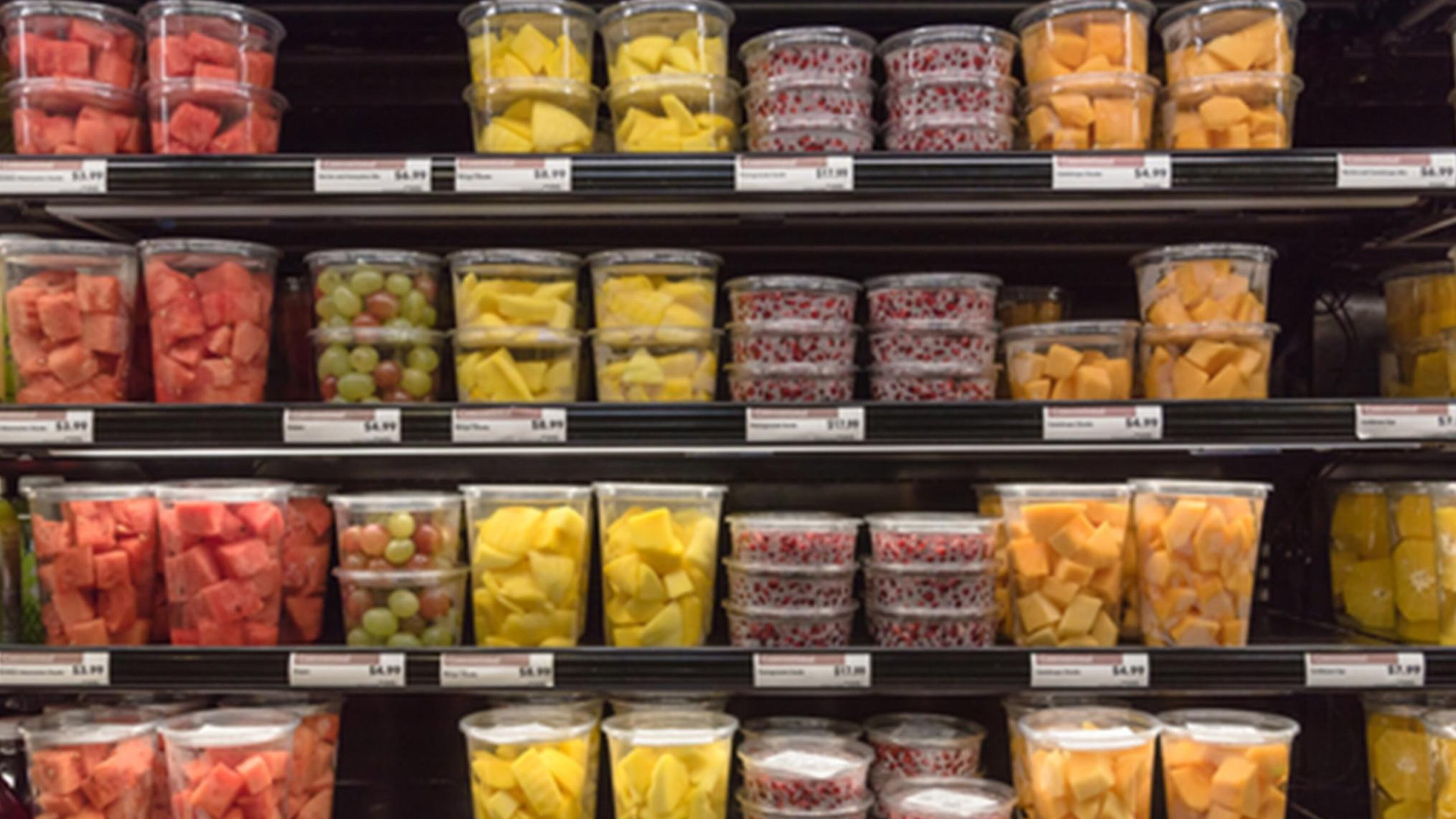What is salmonella and how can you protect yourself?

Over the past few weeks, the U.S. Centers for Disease Control and Prevention has warned consumers about outbreaks of potential salmonella infections.
The Atlanta-based CDC estimates that the salmonella bacteria causes about 1.2 million illnesses, 23,000 hospitalizations and 450 deaths each year in the United States.
Salmonella is a key cause of food poisoning.
The main source? Contaminated food and water, especially eggs and poultry.
What can happen?
“One of the most challenging things about salmonella is that clinically it’s indistinguishable from a lot of other causes of diarrhea,” said Dr. Hany Atallah, chief of emergency medicine at Grady Health System. “The less healthy you are, it tends to affect you more. If you’re young and healthy, it may eventually go away by itself.”
>> Related: Georgia joins list of states with salmonella concerns over cut fruit
>> Related: Salmonella outbreak in Newton County linked to one caterer
Most people who become infected with the bacteria develop fever, diarrhea and abdominal cramps within 12 to 72 hours after coming in contact with salmonella. It usually lasts between four and seven days, and most people don’t require a hospital, according to the CDC. Most people don’t need treatment other than drinking lots of fluids.
In some people, though, the symptoms are much more severe, and they may need to be hospitalized. Antibiotics are not recommended unless a person has a serious illness.
Has there been an increase in salmonella?
There have been more multistate food-borne outbreaks announced than health officials typically see by this time of year. However, it’s too soon to tell whether this represents a new trend, according to the CDC.
Is there a vaccine to prevent infections?
No
What do we know about the most recent contaminations?
- On June 8, Caito Foods LLC recalled pre-cut watermelon, honeydew melon, cantaloupe, and fruit medley products containing melons produced at the Caito Foods facility in Indianapolis. Recalled products were sold in clear, plastic containers. The recall initially included products distributed to Georgia, Illinois, Indiana, Kentucky, Michigan, Missouri, North Carolina and Ohio and sold in several stores including Costco, Kroger, Owen's, Sprouts, Trader Joe's, Walgreens, Walmart and Whole Foods.
- Kellogg launched an investigation with the third-party manufacturer who produces Honey Smacks immediately after being contacted by the Food and Drug Administration and the CDC regarding reported illnesses. Michigan-based Kellogg said it voluntarily recalled 15.3-ounce and 23-ounce packages of Honey Smacks cereal (with UPC codes 3800039103 and 3800014810) because these products have the potential presence of salmonella. No other Kellogg products were impacted. Consumers who purchased a potentially affected product should throw it away and contact the company for a full refund; go to kelloggs.com/honeysmacksrecall or call 1-800-962-1413.
Who is most at risk of more severe illness?
Children younger than age 5, adults older than 65 and people with weakened immune systems are more likely to have severe illness, according to the CDC.
What can consumers do to protect themselves?
Follow the CDC on Facebook, Twitter and other social media to get the latest advice.
Pay attention to recall notices, so you can avoid food poisoning. Throw out recalled foods or return them for a refund.
Even if some of the food was eaten and no one became sick, throw it away to be safe.
You play an important role in solving food-borne outbreaks. If you get food poisoning, see your doctor and report your illness to your health department. Answer the call when the health department calls to ask about your illness. This information helps them find the source of outbreaks — a clue from one sick person can sometimes solve an outbreak.
How to prevent infections
Health officials offer several ways to protect yourself from salmonella contamination.
Wash hands, kitchen work surfaces and utensils with soap and water immediately after they have been in contact with raw meat or poultry.
Don’t work with raw poultry or meat and an infant — such as feeding the child or changing a diaper — at the same time.
Cook poultry, ground beef and eggs thoroughly. Do not eat or drink foods containing raw eggs or raw (unpasteurized) milk. If you are served undercooked meat, poultry or eggs in a restaurant, don’t hesitate to send it back for additional cooking.
Wash hands with soap and water after handling reptiles, birds, baby chicks and after contact with pet feces.

